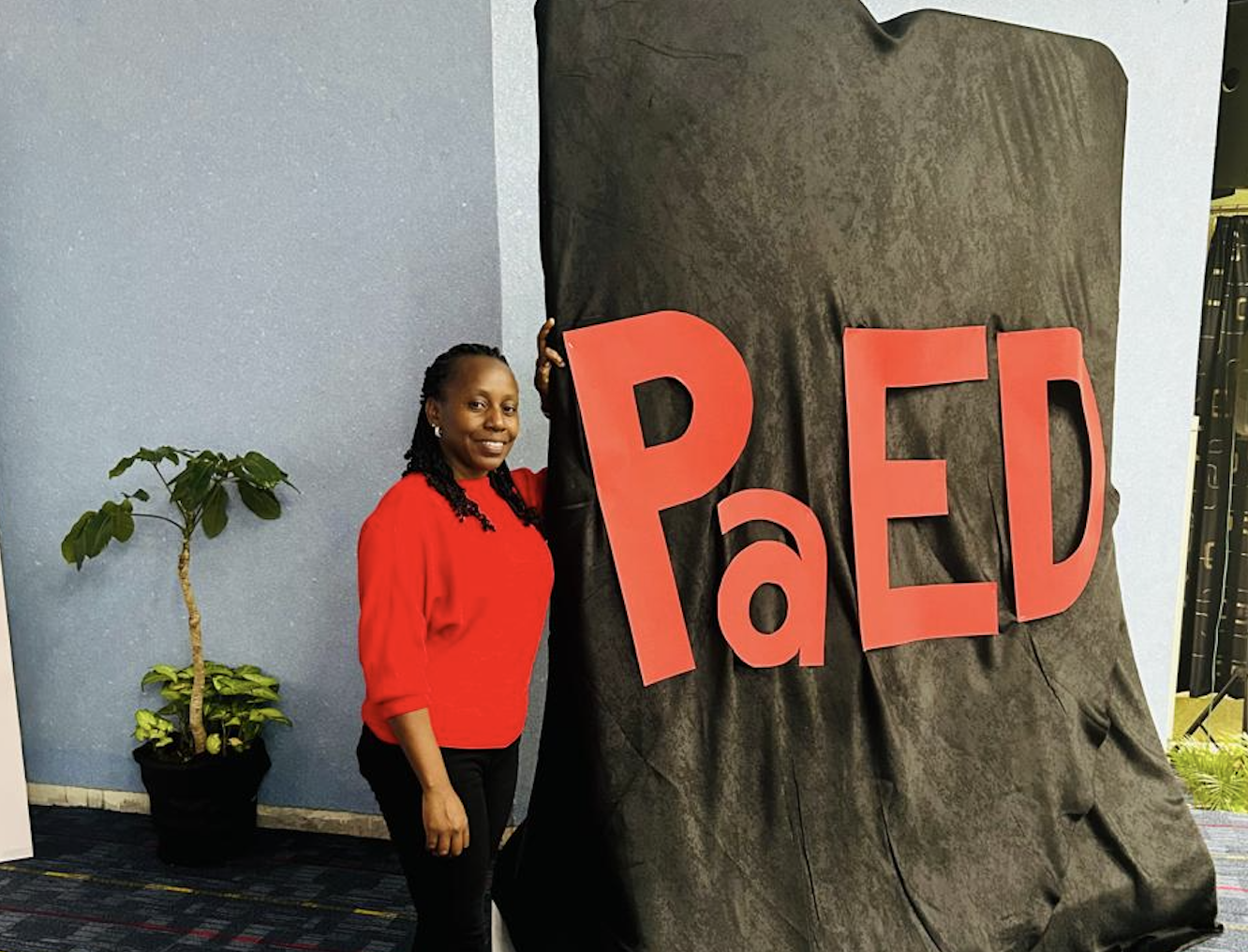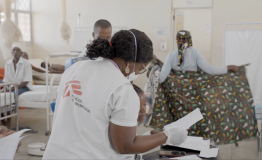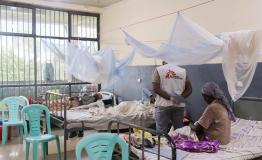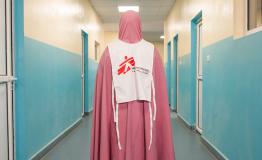For nearly a decade, as a clinician with Médecins Sans Frontières/Doctors Without Borders (MSF), in Uganda, I wasn't just treating patients; I was building friendships. I witnessed resilience, stood by the brave, and silently cheered on a generation fighting for their future.
In Arua, MSF was present at various regional referral hospital departments, from the HIV clinic to the TB/MDR unit, Prevention of Mother-to-Child Transmission (PMTCT), and the Malnutrition Ward. My focus was on pediatric HIV care, which involved treatment compliance monitoring viral loads, and managing opportunistic infections. The failure rate remained high. We had over 600 children with suspected treatment failure or high viral loads (above 1000 copies/ml).
The stigma attached to HIV was evident as some families hid from the MSF teams, fearing judgment from their neighbours. We navigated these situations with compassion, ensuring treatment reached everyone who needed it.Zipporah Wachira, MSF Staff Health Support officer
Each child's determination to conquer the disease fueled our interventions. MSF provided services, including food supplements, and transport reimbursements to families covering vast distances to access healthcare. We connected older children with treatment buddies.
Our weekly discussions, where we reviewed files showcasing high viral loads, often led to innovative solutions and tailored treatment plans. Anti microbial resistance testing was conducted, and results were discussed with both experts in the field and the national virology committee. This collaborative approach allowed us to determine the most effective next steps for each patient. MSF provided access to medications well before they were widely available through the Ministry of Health (MoH).
Diagnostics for opportunistic infections, particularly Cryptococcal Meningitis (CCM) and TB were readily available within MSF facilities. Similarly, treatment for these conditions, including Amphotericin B, was provided alongside point-of-care viral load monitoring.
When a child was diagnosed with Kaposi's sarcoma, chemotherapy was readily available as a commitment to comprehensive care. For children residing miles away, we traced locations, packed multi-month medication supplies, and embarked on long journeys to remote districts like Koboko, Yumbe, and Adjumani.
The stigma attached to HIV was evident as some families hid from the MSF teams, fearing judgment from their neighbours. We navigated these situations with compassion, ensuring treatment reached everyone who needed it. Our reach extended beyond borders, with many patients arriving from neighboring DRC.
My time with MSF wasn't just about work; it was about unexpected encounters that broadened my horizons. During the grasshopper ("nsenene") harvesting season in the West Nile, I witnessed a fascinating spectacle. Locals would use shiny metal sheets to reflect the light from powerful light bulbs throughout the night, attracting and trapping these insects for consumption after roasting.
In the southwest, it was a different adventure as we navigated through Queen Elizabeth National Park. Giant elephants blocked our path as we raced to deliver care to health centers bordering Lakes Edward and George. The sight of majestic elephants gracefully crossing the road during our journeys to health centers in Muhokya, Kahendero, Katwe, Hamukungu, Rubirizi, and Mahyoro was a constant source of awe.
Through the nine years, there were countless stories. The resilience of the adolescents-turned-young parents serves as a testament to the transformative power of treatment adherence. Yet, amidst the successes, I am reminded of those we lost to treatment fatigue and opportunistic infections, their absence serving as a reminder of the work that remains to be done.
As I continue my work with MSF, I remain committed to believing that every child deserves access to quality healthcare, regardless of their circumstances. In the collective effort to uplift the most vulnerable among us, we find our true purpose and fulfillment.



